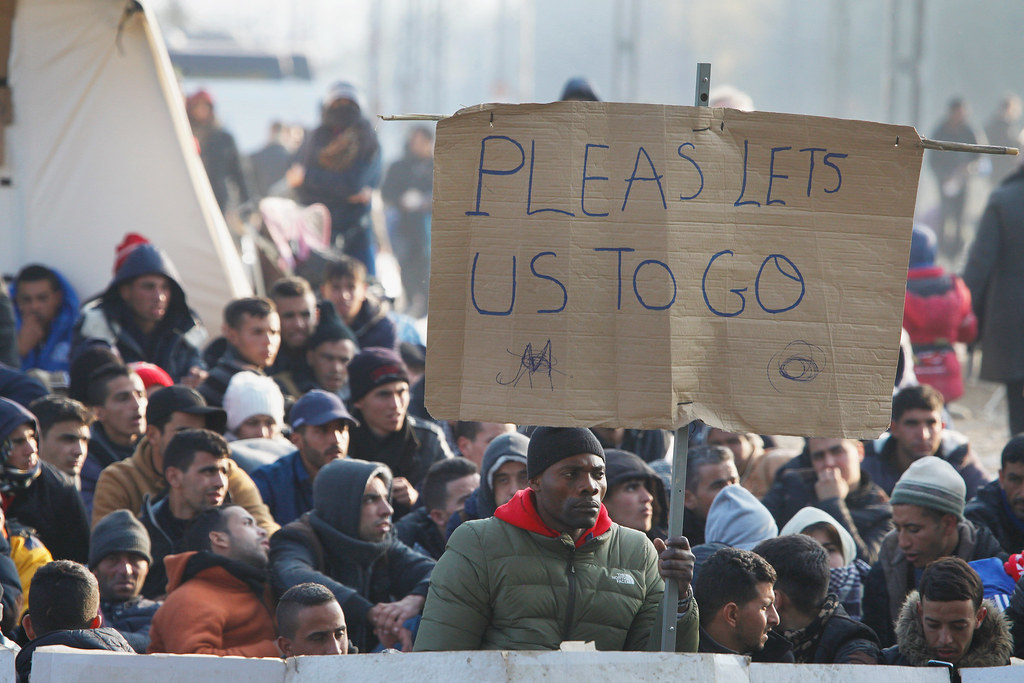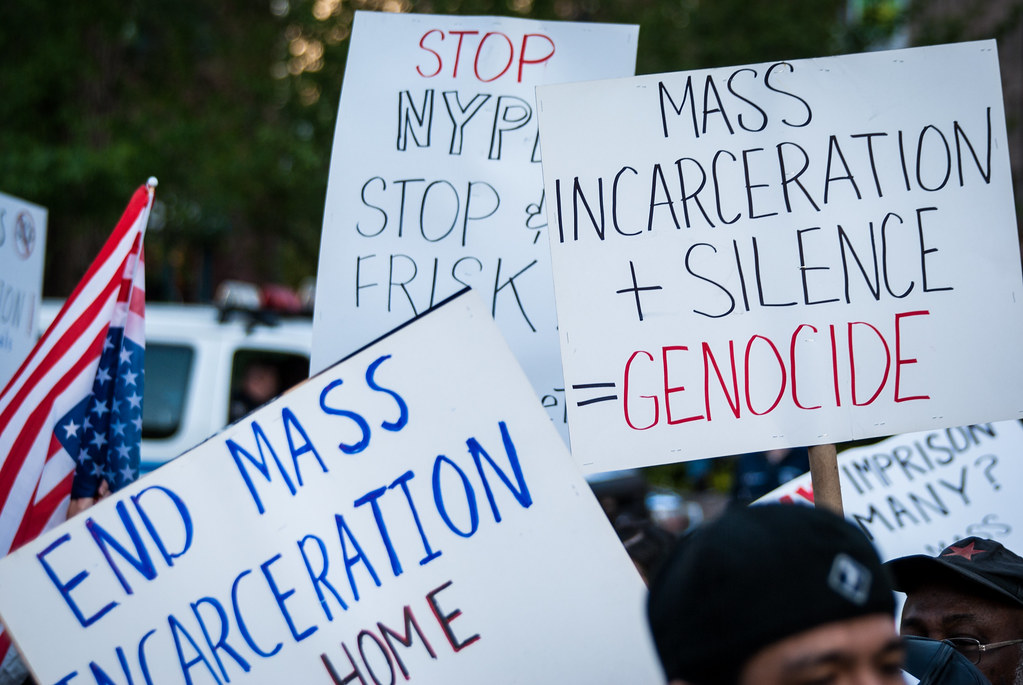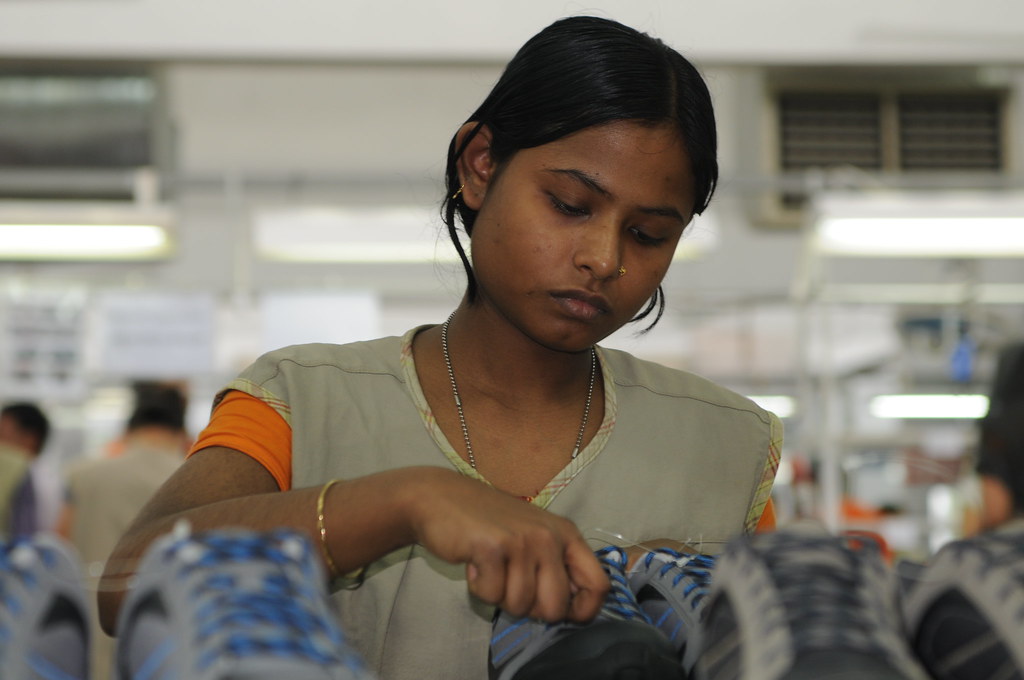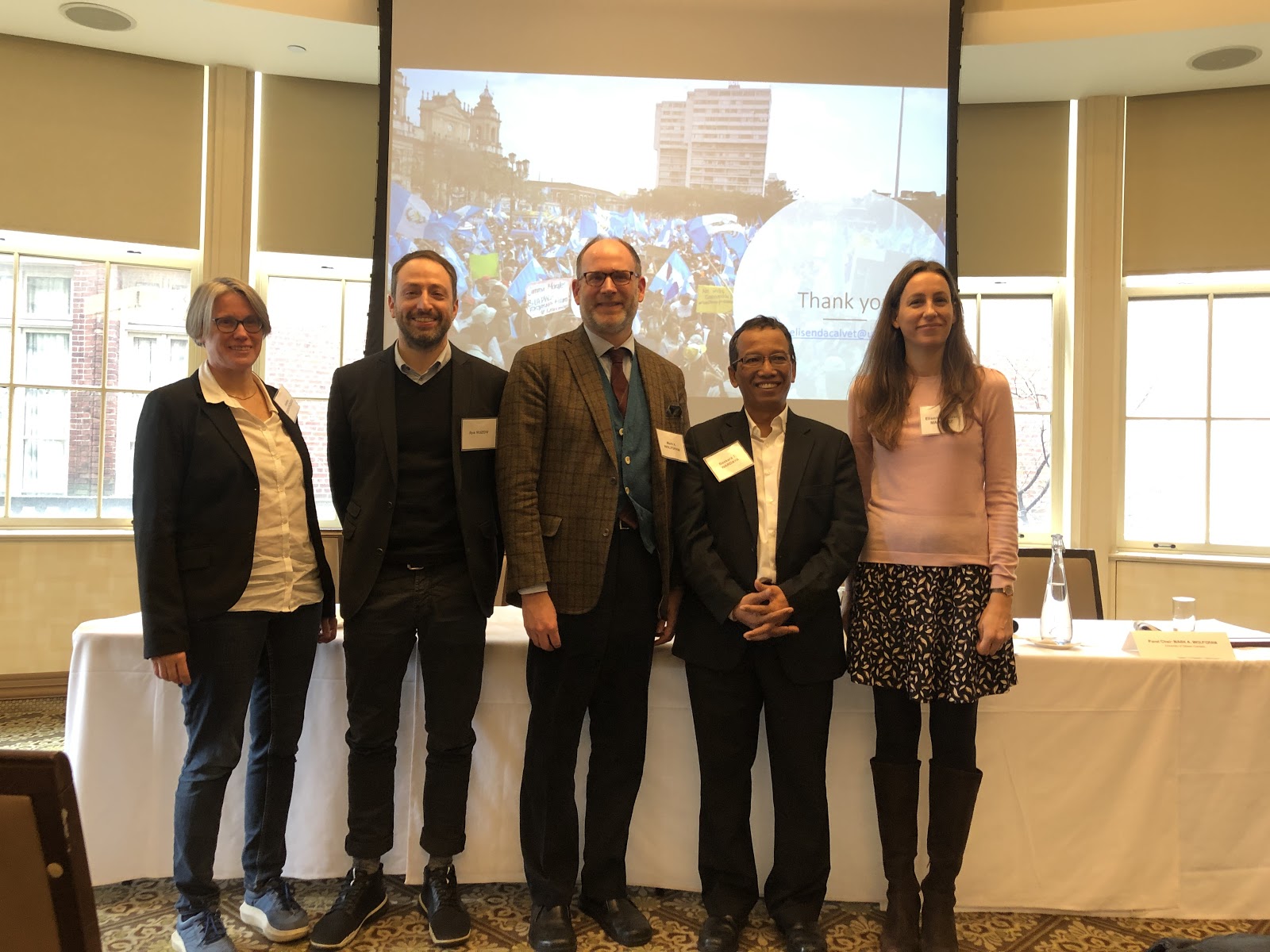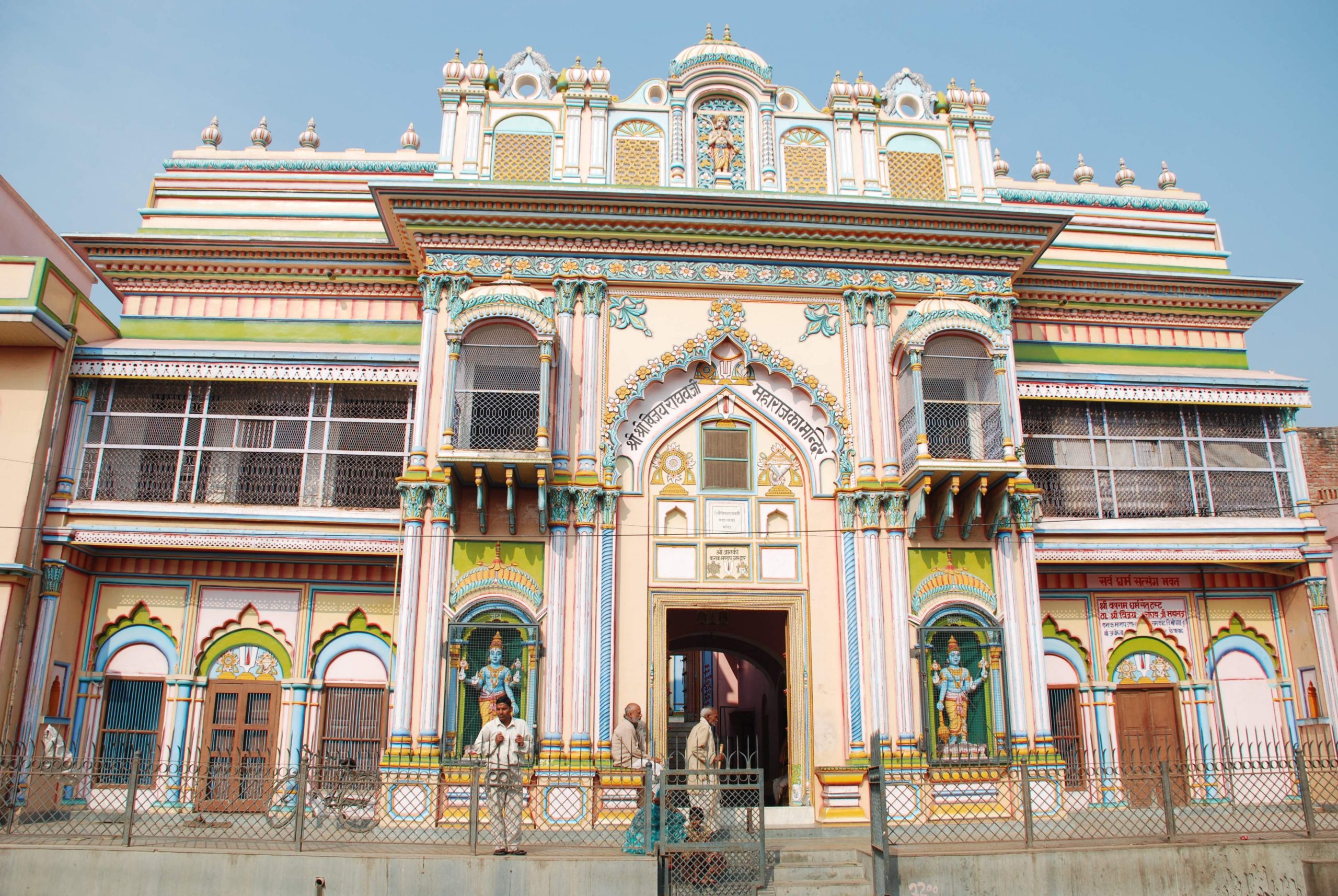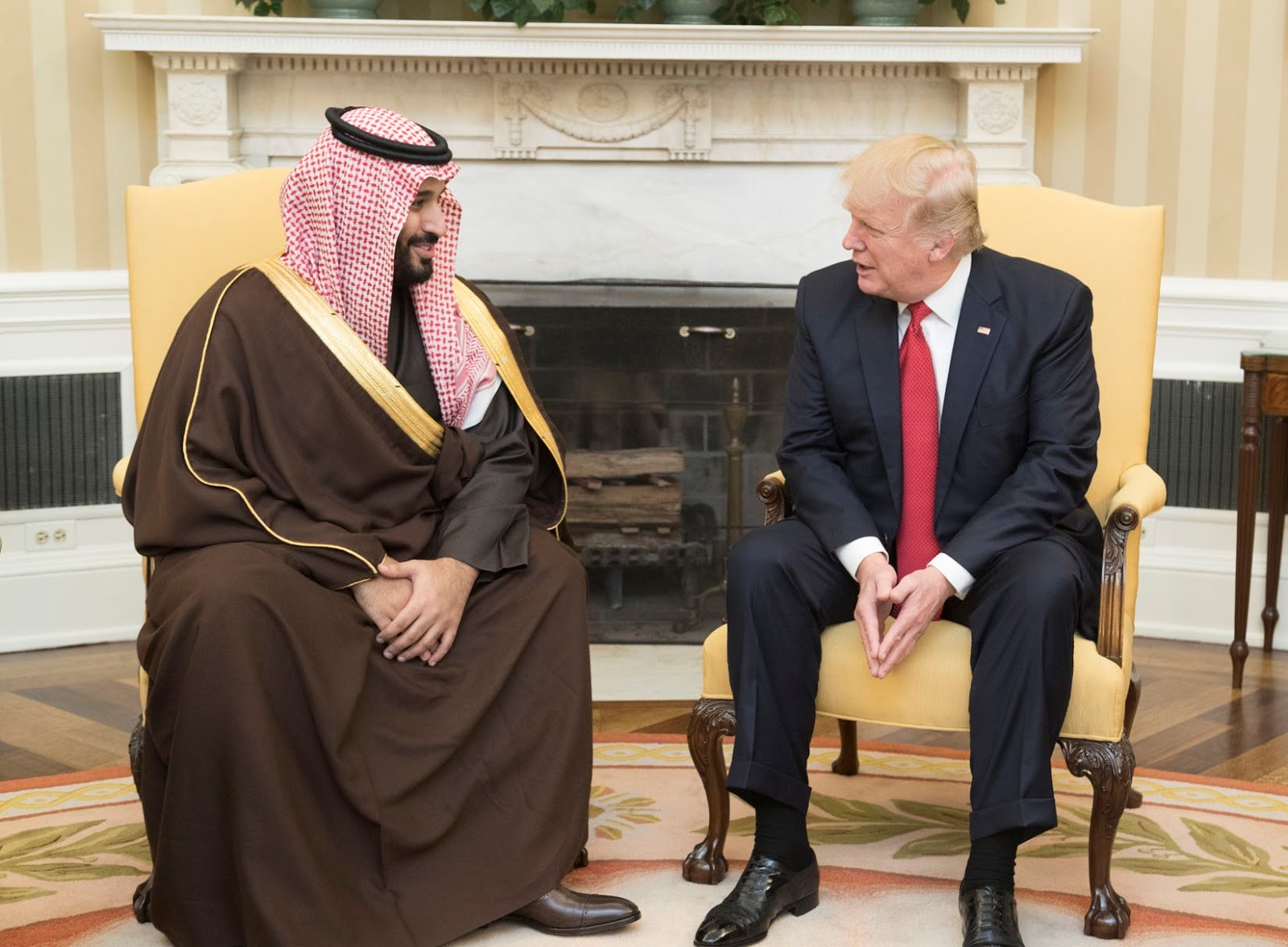
A State’s Responsibility in an Epidemic: Human Rights and the Coronavirus Outbreak
Guest Contributors Bodhisattwa Majumder and Devashish Giri are penultimate year students at Maharashtra Law University Mumbai. Their interests include Constitutional Law, Public International law and Maritime law. Any discussion related to the paper can be made via mail at [email protected] or [email protected]
The outbreak of Coronavirus or COVID-19 (“Coronavirus”) from Wuhan, China (“People’s Republic of China “) has engulfed as many as twenty four countries across the globe with a medical emergency and has claimed more than 3,800 lives as of now.
This strain of the virus is graver than the other types of Coronaviruses as it has never been identified in humans before. Coronavirus belongs to the zoonotic group of viruses which can affect a human being with a range of health ailments ranging from the common cold to serious problems such as Middle East Respiratory Syndrome (MERS-CoV) and Severe Acute Respiratory Syndrome (SARS-CoV). The World Health Organization and other countries including the US have declared it as a “Global Public...

